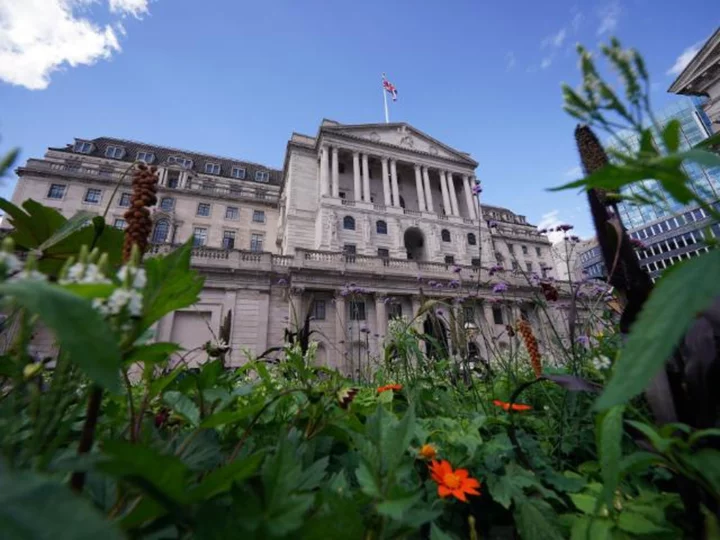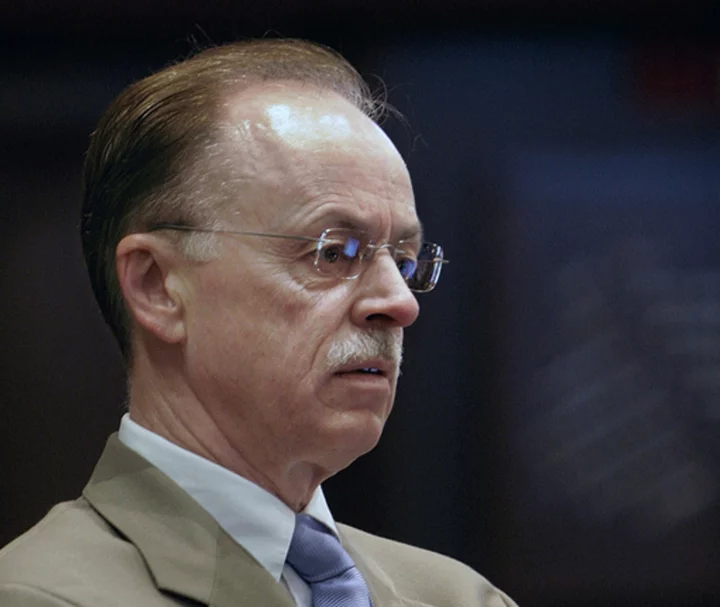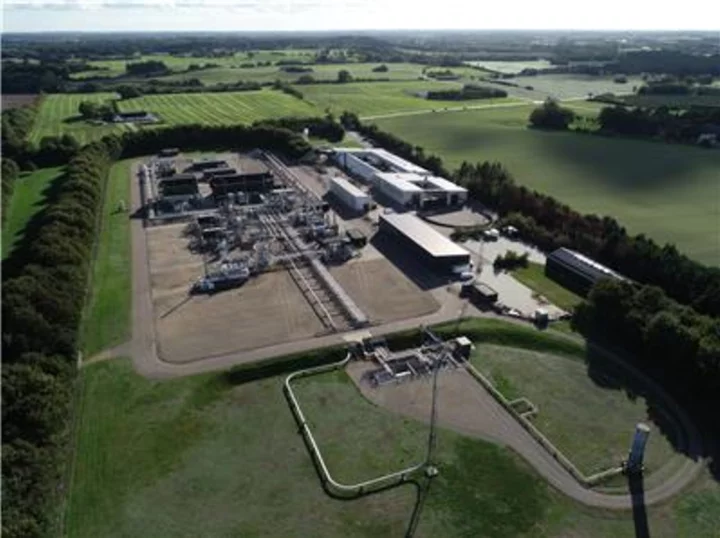The Bank of England raised interest rates by a quarter of a percentage point Thursday as inflation remains stubbornly high.
The move brings the main cost of borrowing for commercial banks in the United Kingdom to 5.25% — its highest level since February 2008 — and is the 14th consecutive hike since the central bank starting raising rates in December 2021.
It was a split decision by the bank. Six members of the monetary policy committee voted for the quarter point hike, two for a half point hike, and one for a pause.
"Recent data outturns have been mixed," the Bank of England said in a statement. "However, some key indicators, notably wage growth, suggest that some of the risks from more persistent inflationary pressures may have begun to crystallize."
It's difficult news for more than 2 million of the UK's mortgage holders, who are already facing sharp increases in their monthly mortgage bills when they are forced to refinance this year and next.
The cost of the average two-year fixed-rate mortgage was 6.85% on Thursday, compared with 3.95% last August, according to financial product comparison website Moneyfacts.
There could be more pain for borrowers to come.
Before Thursday's hike, financial markets were predicting the Bank of England's benchmark interest rate to peak at 5.75% by the end of the year as the central bank tries to rein in rising prices.
Kallum Pickering, senior economist at Berenberg, wrote in a note Tuesday that "probably less than half" of previous rate hikes "has passed through into the real economy so far.
"The UK thus faces many more months of de facto policy tightening to come even after policymakers stop raising the bank rate," he added.
Inflation in the UK is still stubbornly high despite having eased back in recent months. Consumer price inflation was 7.9% in June, down from its 41-year high of 11% in October 2022, but still the highest level among the Group of Seven rich nations, and well above the Bank of England's target rate of 2%.
Core inflation — which strips out volatile food and energy costs — also dropped to 6.9% last month from 7.1% in May, which was its highest rate in 31 years.
— This is a developing story and will be updated.









